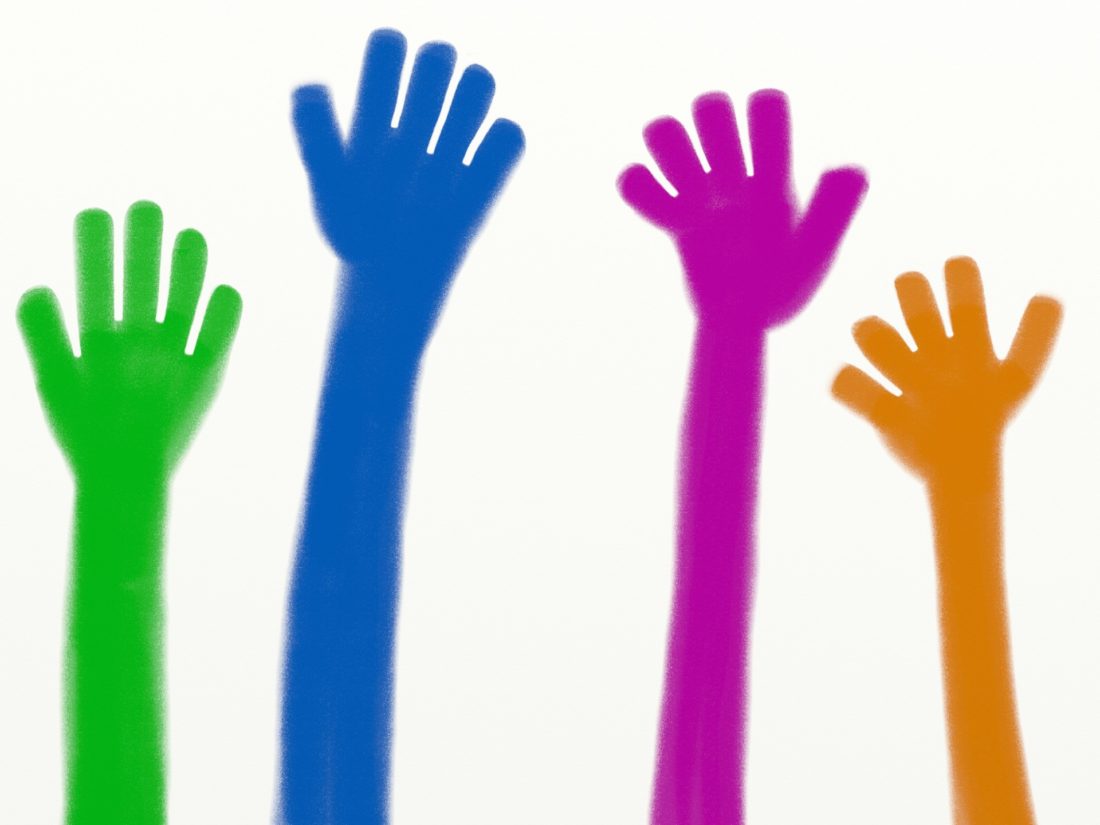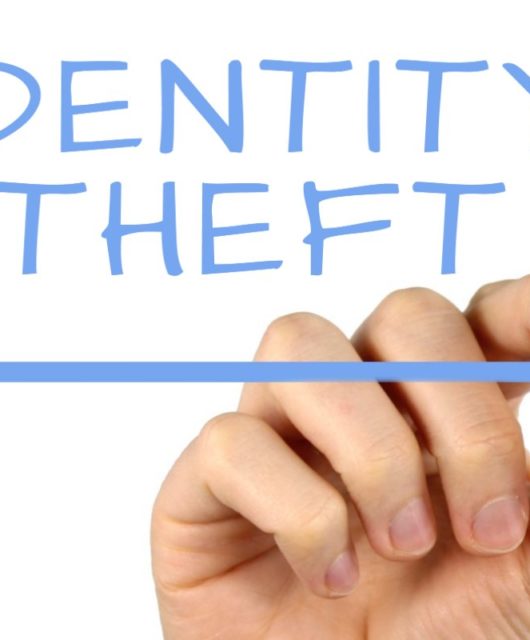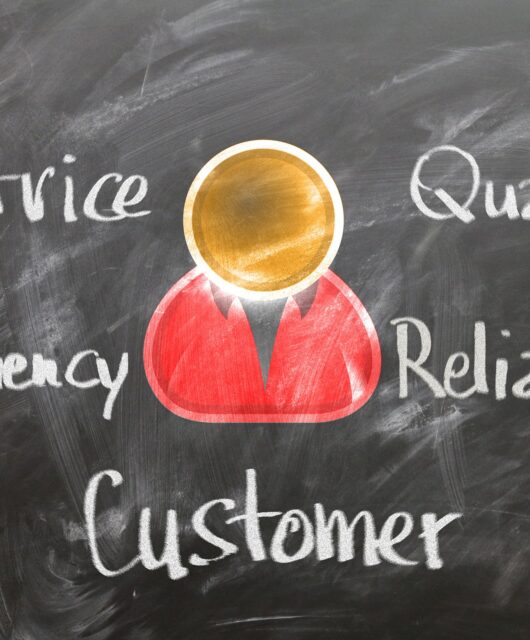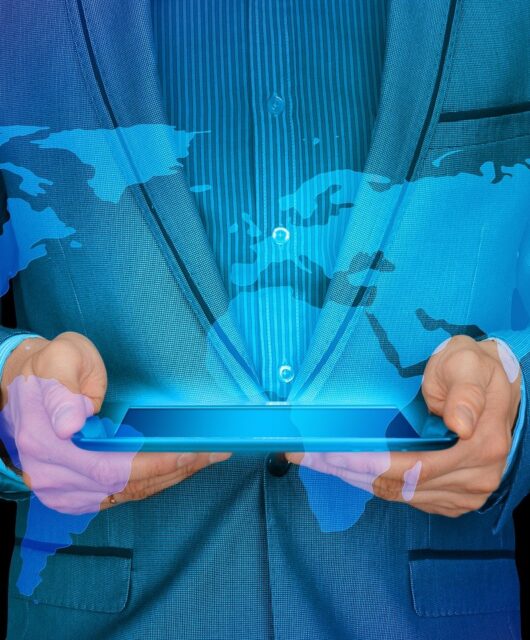Excellent Examples of Where Crowdsource Software Has Helped

We live in a digital, globalized world where people can communicate and work with each other with ease. The speed at which data is transmitted between two corners of the world is unimaginable, and we now exchange information with someone half way across the world quicker, and in a clearer way, than with someone sitting right next to us. This has changed just about everything, and it is vital not just for individuals to keep up with that, but for businesses as well. One way for them to do that is by employing crowdsource software.
Crowdsource Software and Innovation
Thanks to crowdsource software, businesses are able to be more competitive. It allows them to speak to any relevant source, internally and externally, to come up with innovative and strategic solutions that will help improve the business as a whole. This is a new type of culture, and one that has truly transformed businesses, making them more engaged with their employees and their customers, and essentially driving profits. Today, crowdsourcing is even easier, because it can be completed through mobile apps as well.
Examples of Crowdsourcing Done Right
- Arcbazar – where design competitions are launched to receive input from global architects, landscape and interior designers.
- Co-contest, where individuals can ask for ideas to redesign their properties.
- Picnic Green Challenge, where ideas are shared to save the earth.
- Innovation exchange, where many nonprofit and Fortune 500 companies crowdsource.
- Open Idea, where social good issues are resolved.
- Eyeka, where competitions are often hosted.
- My Starbucks Idea, where people can suggest new initiatives and products for Starbucks.
- GE Ecomagination, where environmentally friendly products can be suggested.
- Scientific American, where policy, tech, and science problems can be solved.
- Innocentive, where prize challenges are often posted.
- Idea Connection, where you can win prizes by solving problems.
- 99Designs, where graphic design is sourced.
- Ideaken, where various problems are listed.
- Ideas Brewery, launched by Heineken, encouraging people to create a beer experience.
- IdeaStorm, launched by Dell.
- Challenge.GOV, the government website for crowdsourcing in the United States.
- Unilever, who request innovative ideas for social good.
- Young Foundation, a social innovation for youths that is more disruptive and revolutionary in nature.
- CrowdVoice, which tracks protest votes on specific subjects.
- Casserole, where people can share food leftovers.
- Be My Eyes, where people can register to borrow their eyes to the blind.
What this list shows is just how vast and varied the world of crowdsourcing is. It is used by businesses who aim to raise profits by creating new products that their customers actually want, but equally so for social justice, enabling people who want to make the world a better place can come together without any financial gain. Some platforms allow for the sharing of ideas in return for recognition or even simply the feel good factor, whereas others enable people to win rewards, including monetary rewards. The list of options is truly endless, and it essentially builds on the idea that everyone knows something about something









